Comparative effects of deferiprone and deferoxamine on survival and cardiac disease in patients with thalassemia major: a retrospective analysis.
Piga A, Gaglioti C, Fogliacco E, Tricta F. 2003 May
Department of Pediatric Hematology, University of Turin, Italy. antonio.piga@unito.it
BACKGROUND AND OBJECTIVES: Iron-induced cardiac disease remains the main cause of death in patients with thalassemia major, despite chelation therapy with deferoxamine. Deferiprone is an iron chelator that has the potential to be more effective than deferoxamine in removing intracellular iron from the heart.
However, to date, no study has been designed to examine the frequency of cardiac complications and survival as the primary outcomes of a comparative study between these two chelators. This retrospective study assessed the survival and the occurrence of cardiac disease in all patients with thalassemia major treated for at least 4 years with deferiprone or deferoxamine at a single center.
DESIGN AND METHODS: The patients were, on average, 18.4 years old at the start of the review period and were followed up, on average, for 6 years. At baseline there was no significant difference in the percentage of patients with cardiac disease in the two therapy groups.
RESULTS:At the end of the study, cardiac dysfunction, expressed as worsening of pre-existing cardiac abnormality or development of new cardiac disease, was diagnosed in 2 (4%) of the 54 deferiprone-treated patients and in 15 (20%) of the 75 deferoxamine-treated patients, from the first to the last measurement (p = 0.007).
The Kaplan Meier analysis of cardiac disease-free survival over the 5-year period was significantly more favorable in the deferiprone group (p = 0.003).
INTERPRETATION AND CONCLUSIONS: None of the patients treated with deferiprone died, while 3 of the patients treated with deferoxamine died because of irreversible worsening of their cardiac condition during the study period. Findings from this study suggest that long-term therapy with deferiprone provides a greater cardio-protective effect against the toxicity of iron overload than does subcutaneous deferoxamine. Formal prospective studies are warranted to confirm this effect.
MORE INFORMATION
From the site: www.apotex.com
Study Confirms Safety and Efficacy of Deferiprone (english)
